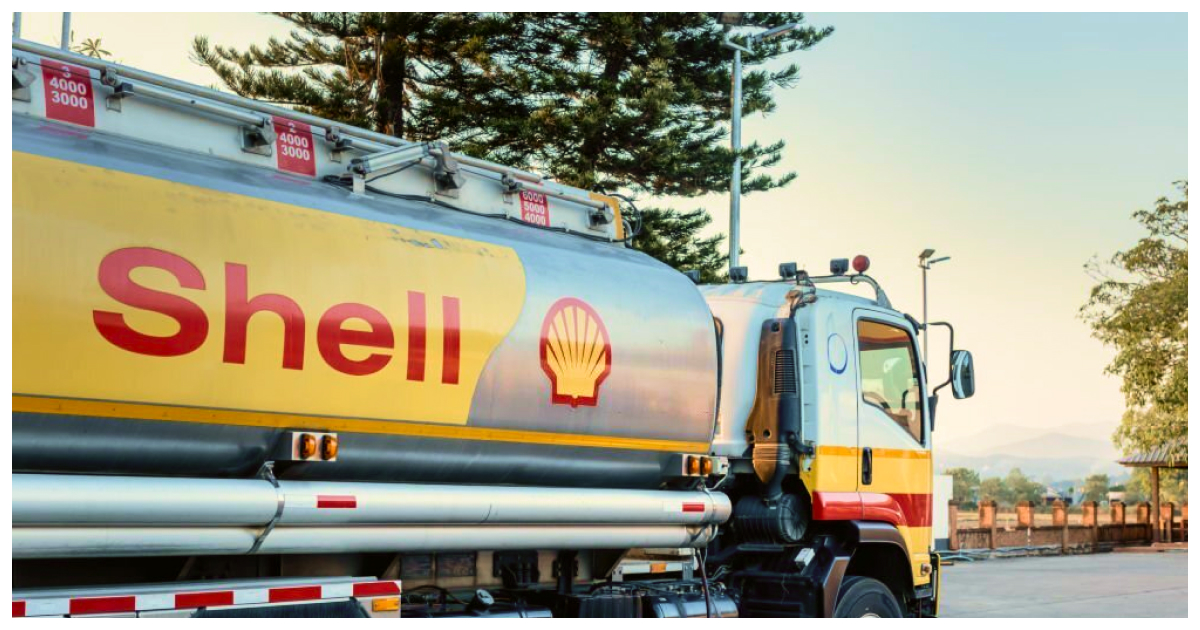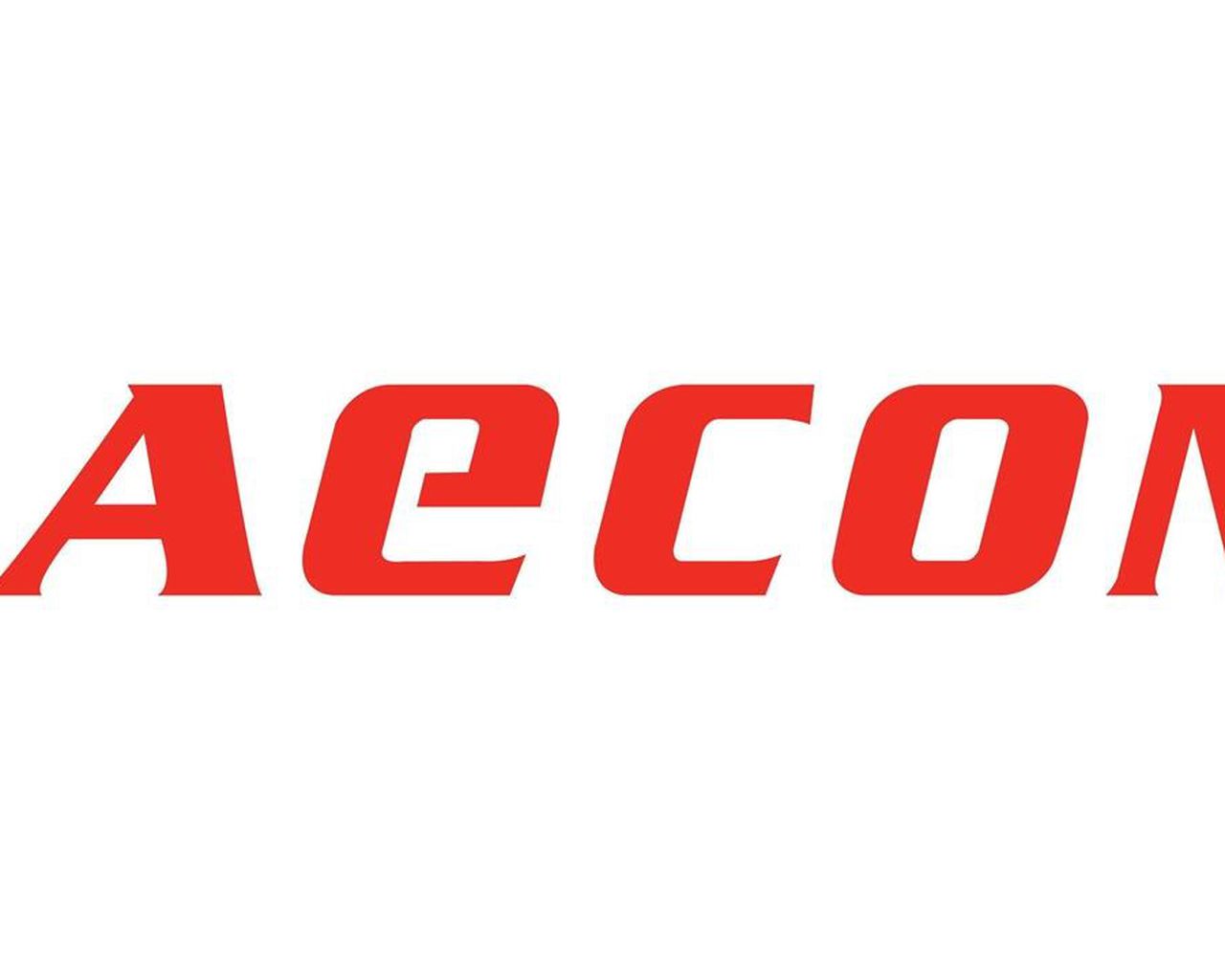Shell Inc. (SHEL), the multinational energy major, reported a significant decline in its second-quarter earnings, affected by lower liquefied natural gas trading, falling oil and gas prices, refining margins, and sales volumes. The company launched a $3 billion share buyback program to enhance shareholder returns. However, the results missed market consensus, leading to a 1.7% drop in Shell’s shares.
Earnings Decline and Cash Flow Increase
Shell’s adjusted earnings for the second quarter fell to $5.07 billion, a 56% decrease compared to the record-high earnings of $11.47 billion in the same period the previous year. This result missed market expectations of $5.58 billion. The company’s net income also dropped by 64% to $3.13 billion, primarily due to the same factors impacting adjusted earnings. Despite the earnings decline, Shell’s cash flow from operations rose by 7% to $15.13 billion, surpassing market consensus expectations.
CEO’s Perspective
Shell’s Chief Executive Officer, Wael Sawan, expressed satisfaction with the company’s operational performance and cash flow in the second quarter, despite the challenging commodity price environment. The CEO reiterated the company’s commitment to prioritize share buybacks, acknowledging the value represented by the company’s shares.
Share Buyback Program and Dividends
Shell has unveiled a share buyback initiative worth $3 billion, anticipated to be completed prior to the announcement of third-quarter results. The company is anticipated to unveil another share buyback program of at least $2.5 billion during the same announcement. Shell declared second-quarter dividends of $0.331 per share, representing an increase from $0.25 per share in the previous year.
Impact on Production and Performance
In the second quarter, Shell’s integrated gas production reached 985,000 oil-equivalent barrels per day, with liquefied natural gas volumes at 7.2 million tons and upstream production at 1.7 million barrels of oil equivalent per day. The company’s expectations were met by these figures.
Reasons Behind Earnings Decline
The decrease in Shell’s earnings can be attributed to several factors, including lower liquefied natural gas trading results, reduced oil and gas prices, lower refining margins, and declining sales volumes compared to the previous quarter.
Market Outlook and Analyst Reaction
The fall in oil and gas prices was a significant factor impacting Shell’s earnings, with benchmark Brent crude prices averaging $80 per barrel in the second quarter, down from $110 a year earlier. Lower LNG prices also affected the company, dropping to $11.75 from $33. Analysts expressed disappointment with the weaker-than-expected earnings from Shell’s upstream and chemicals divisions, as well as the lower third-quarter guidance.
Shell Stock Analysis & Forecast
Shell is expected to reach an average target price of USD 72.33 within the next 12 months, according to 12 analysts rating on SHEL stock is “Strong Buy”. Stock Target Advisor’s analysis, however, gives it a Neutral rating based on 6 positive signals and 7 negative signals. The current stock price stands at USD 62.62, with a weekly change of +1.44%, a monthly change of +4.02%, and a yearly change of +25.09%.
Debt Reduction
By the conclusion of the second quarter, Shell successfully decreased its debt burden to $40.3 billion, showing a notable reduction from the previous $44.2 billion just three months ago. This resulted in a lower debt-to-capital ratio, known as gearing, which declined by one percentage point to 17%.
Conclusion
Shell’s second-quarter earnings witnessed a substantial decline, primarily influenced by lower LNG trading, falling oil and gas prices, and refining margins. In response to the results, the company launched a $3 billion share buyback program to enhance shareholder returns. Despite the challenging market conditions, Shell’s cash flow from operations increased, demonstrating the company’s ability to generate cash in its core business operations. Looking ahead, market conditions and Shell’s strategic decisions will play a crucial role in determining its market performance in the coming quarters.




































